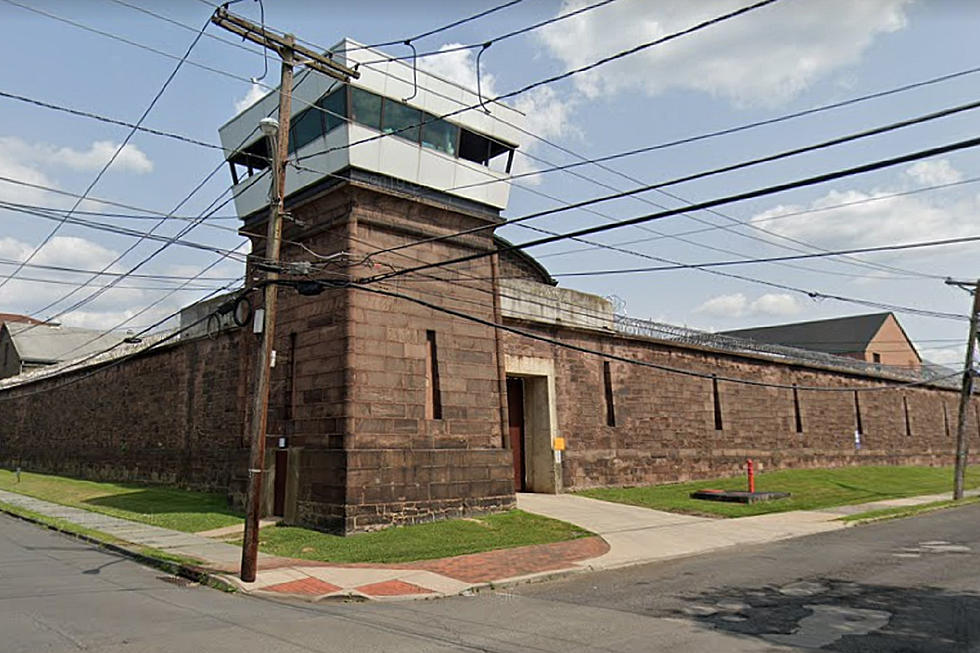
As thousands of NJ inmates freed early, are their supports enough?
More than 2,200 inmates were released early from state prisons Wednesday under a new state law seeking to head off a resurgence in COVID outbreaks by thinning the incarcerated population.
The 2,261 people scheduled to be released were due to get out within the next eight months. Until the public health emergency ends, the state will now knock eight months off the sentence of anyone with less a year left to serve. More prisoners will be released early daily for at least the next four months.
Alexander Shalom, a senior supervising attorney for the American Civil Liberties Union of New Jersey, said the state is positioning itself to be much better prepared for the second wave of coronavirus than the first, when 52 inmates died.
“We think that although we wanted this to happen much sooner, we actually think the timing is fortuitous given this second wave that we’re seeing,” Shalom said. “And so our hope is that we’ll have prisons that are the safest in the nation the second time around because we’ve been proactive here and because we’ve taken this important step.”
There have been just 160 positive COVID tests among inmates and no deaths since late July, a major improvement from the spring-into-summer period, when nearly 2,900 inmates and 933 staff members contracted COVID-19.

Six states have now accumulated higher case rates among inmates than New Jersey, according to The Marshall Project, and Delaware now has a higher inmate death rate.
By early March, the early release program will have reduced the state’s prison population by more than 35%.
Liz Velez, communications director for the Department of Corrections, said that a social services team has met with each person being released to identify their individualized needs and connect them with resources from food packages, medication, food vouchers and linkages to community resources for mental health and substance use disorder and emergency shelter.
In addition, Velez said, any individuals released without at least $25 in their own trust account upon release will be provided with $25 on a grocery card to immediately assist with food in addition to being connected with county social services resources. Those who are identified as homeless with less than $100 in their trust account will receive a $150 stipend to assist with any expenses.
“We’ve partnered with a variety of stakeholders on this endeavor to help with creating a seamless transition as possible with the ultimate goal of ensuring these individuals have the tools needed to succeed, breaking the cycle of incarceration and maintaining the state’s low recidivism rates,” Velez said.
Shalom said “it’s a good and important question” as to whether the supports are sufficient – and that he’s not positive of the answer.
“We know that they’ve taken some steps – probably not enough but they’ve taken some steps,” he said. “We also know that the nonprofit sector has stepped in, both the formal re-entry organizations but also more informal ones such as churches and so forth. There is lots of effort there to supplement the efforts that are being made by the government, to make sure that we welcome home these returning citizens.”

Shalom said it would be better, of course, if prisoners had more support services available – but that that’s been true for months and will continue to be.
“Everyone who’s getting out was going to get out no matter what, within eight months. And so if we don’t have enough governmental services for those people, that’s a problem separate and apart from the early release,” he said.
More From Townsquare Media News:
Beautiful Street Art From Around The World
More From Beach Radio










